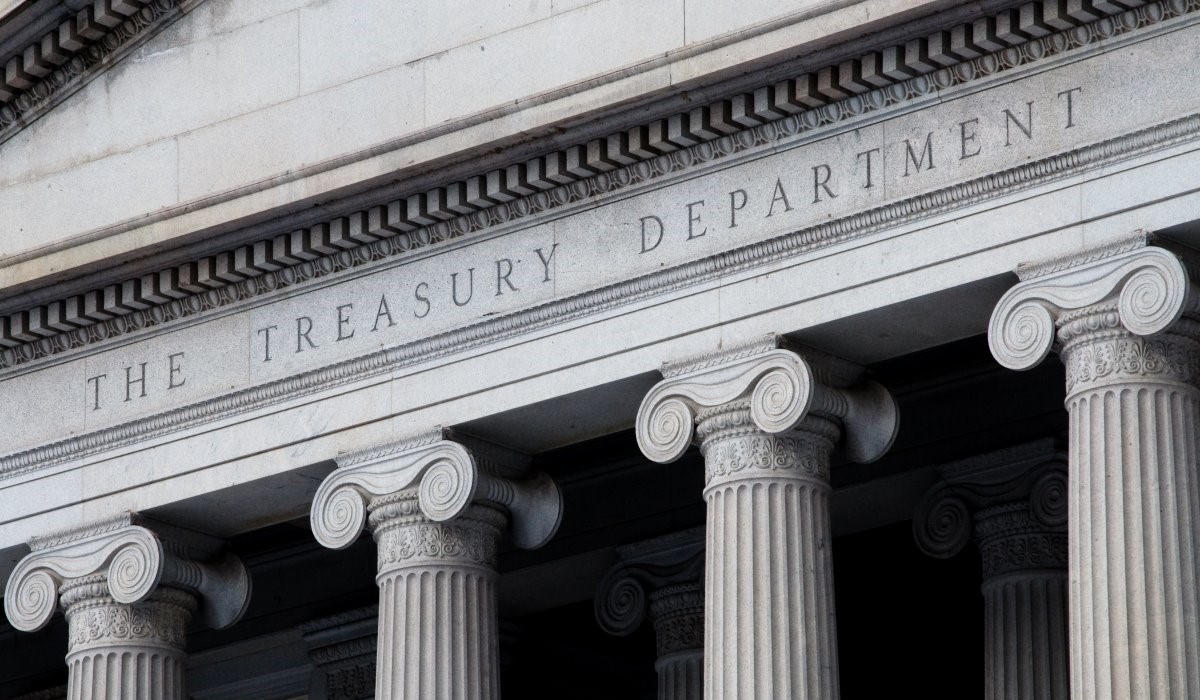Canadian politicians are in the holiday spirit and feeling generous with taxpayer funds ahead of election season. This week the Government of Canada (GoC) announced a “holiday” from the GST sales tax, as well as stimulus checks in the coming year. This follows the Ontario government’s announcement of stimulus checks arriving around the same time. If this sounds like overstimulation, you’re right. BMO Capital Markets sees this adding a significant (but temporary) boost to demand—enough to move GDP and shrink the Bank of Canada (BoC) rate cuts in half next month.
Canada‘s Throwing A GST Holiday, Also Sending Stimulus Cheques To Households
Canadian governments have announced two big stimulus measures will be coming to households soon. This week the Federal Government announced a “GST holiday” on essentials from Dec 14 to Feb 15, 2025. The list of goods and services includes restaurant meals, children’s clothing, video games, some types of alcohol, and Christmas trees.
On top of that, workers making less than $150k per year will be getting a $250 cheque in the Spring.
The announcement comes just a few days after Ontario announced it would be sending cheques to workers. The province will be sending $200 cheques to taxpayers in the province, and another $200 for every child claimed as a dependent. This program doesn’t have an income cut off, so the share of the province getting a cheque will be much higher.
Canada & Ontario’s Governments To Hand Out The Equivalent of 0.3 Points of GDP
The stimulus programs may not sound like a lot to a household, but it’s a lot relative to the size of the economy. The Federal cheques alone add up to a whopping $6 billion, while Ontario’s program is $3 billion. The combined value is equivalent to 0.3% of GDP, according to BMO economists.
“We’re assuming a good chunk of the stimulus cheques will be saved, but the GST/HST rebate will drive additional spending. BMO Economics is boosting Q1 GDP growth from 1.7% to 2.5%, with 2024Q4 and 2025Q2 seeing a smaller upward move, while Q3 was trimmed as the impact fades,” explains Benjamin Reitzes, Managing Director of Rates & Macro Strategist at BMO.
He adds, “The inflation impact is likely temporary with a steep deceleration in headline CPI expected in December and January and a re-acceleration in February/March. Lots of noise coming on headline inflation, and a touch likely for the cores as well.”
Government Stimulus Cheques Helping To Shrink Bank of Canada Rate Cuts
These types of programs typically occur when governments have a surplus or they need to revive an economy in recession. Both governments are running significant deficits, so that’s not the case here. They also aren’t in recession, often bragging about the economy’s current robust, though largely state-assisted performance. In this case, the cheques ahead of the election are designed to push the economy into excess demand.
Excess demand isn’t what central banks like to hear. The market was originally pricing in a “supersized” rate cut of 50 basis points (bps) in December, but those expectations are falling fast.
“For the Bank of Canada, a combination of new stimulus, a more cautious Fed, upside inflation miss, along with an anticipated upward revision to GDP, should solidify expectations for a 25 bp rate cut in December, all but taking a 50 bp cut off the table,” noted Reitzes.
Adding, “Government of Canada bonds have been on the defensive since CPI, and this announcement only reinforces that direction of travel.”



















 English (US) ·
English (US) ·